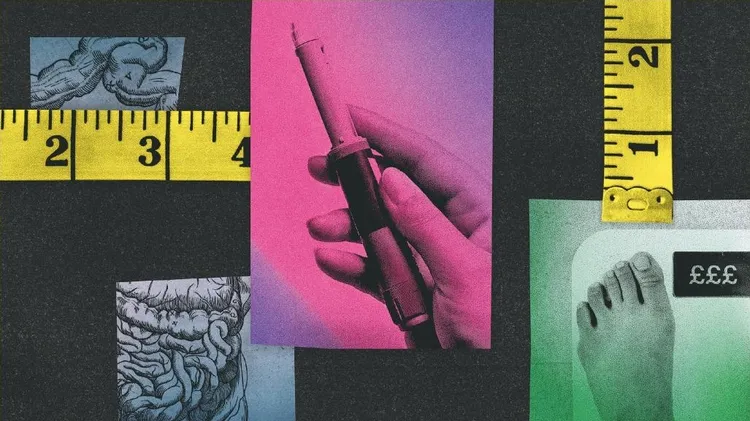The prime minister is setting out to tackle “sick-note culture��
Why is britain on the sick?
2 min read
This article is from...
Read this article and 8000+ more magazines and newspapers on Readly






